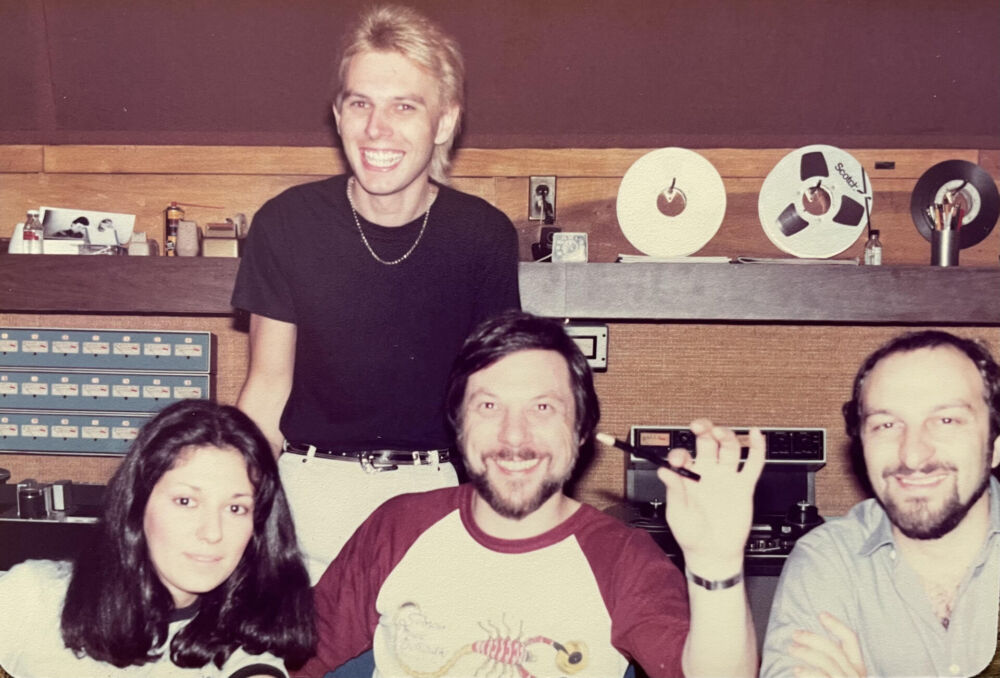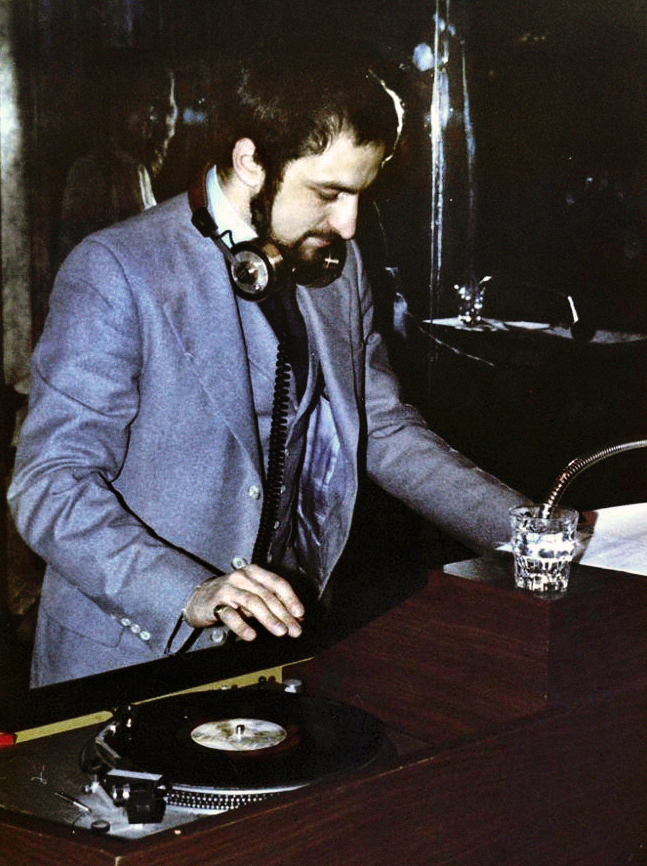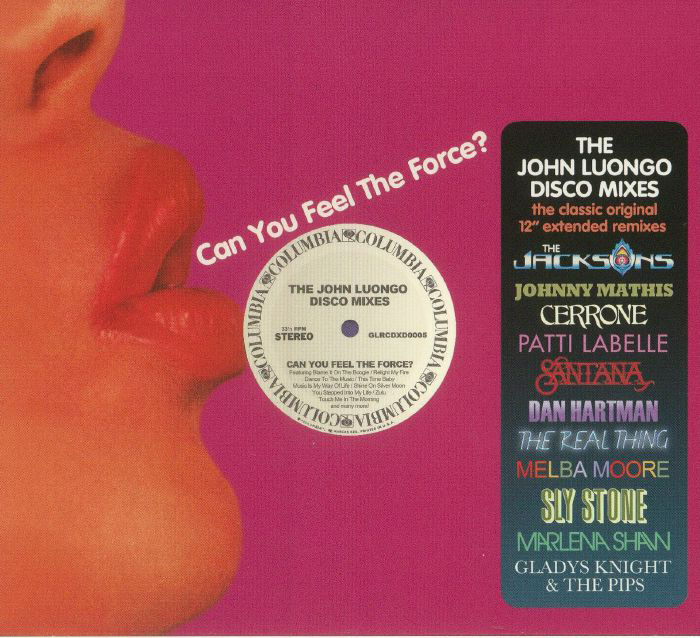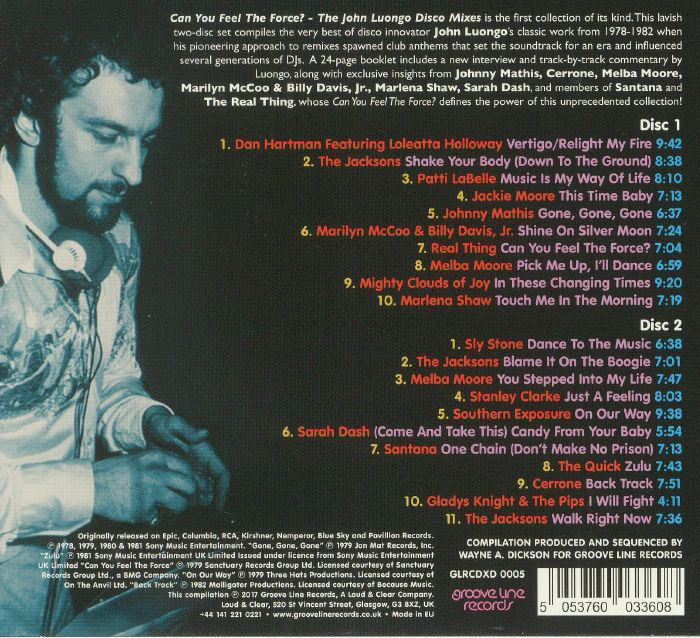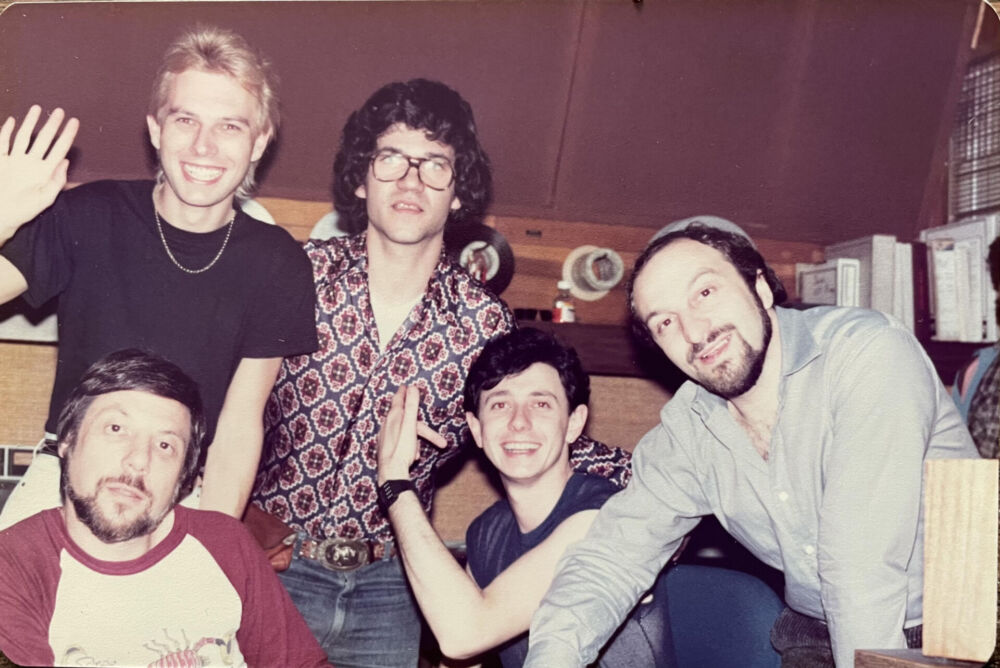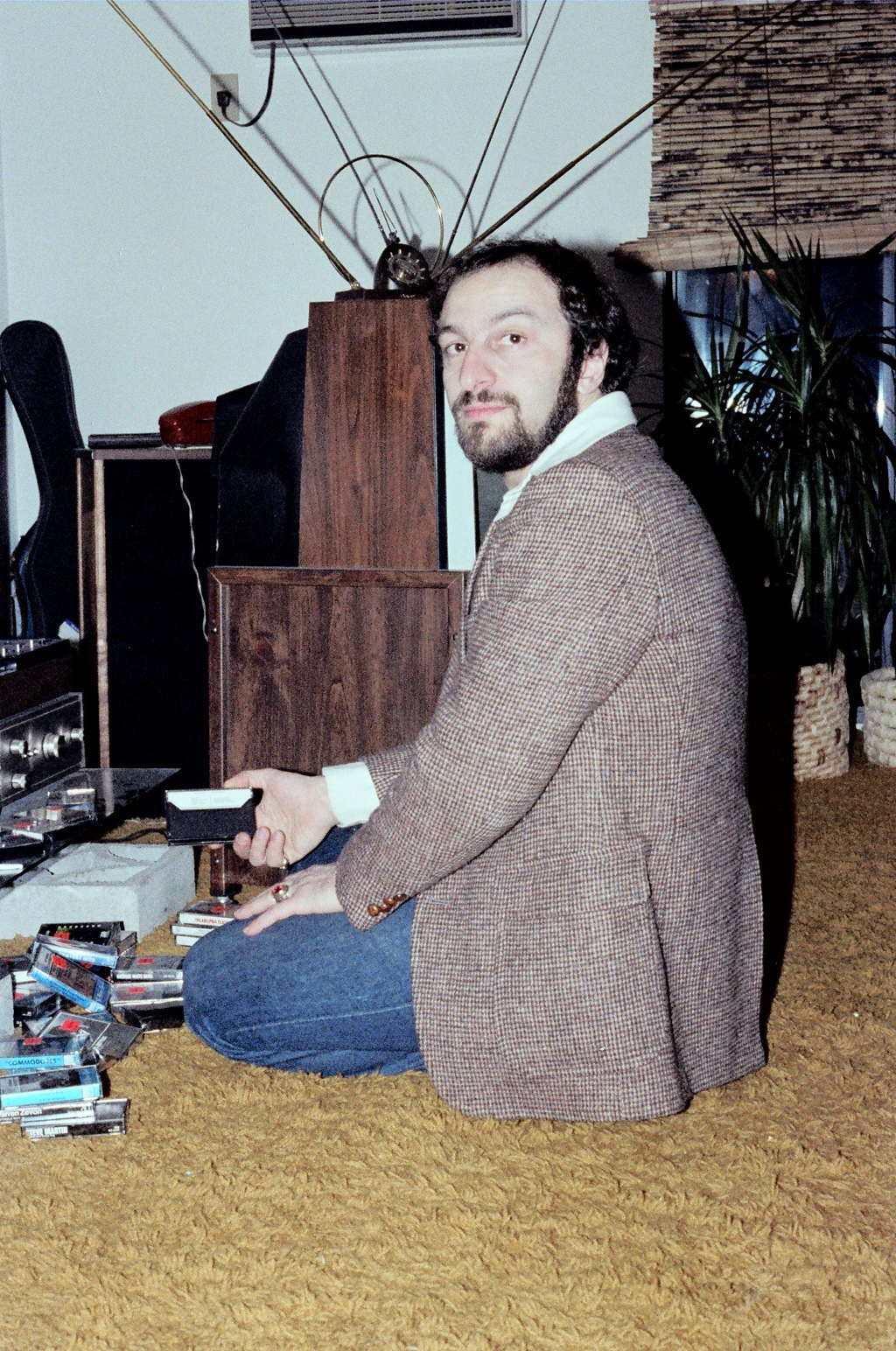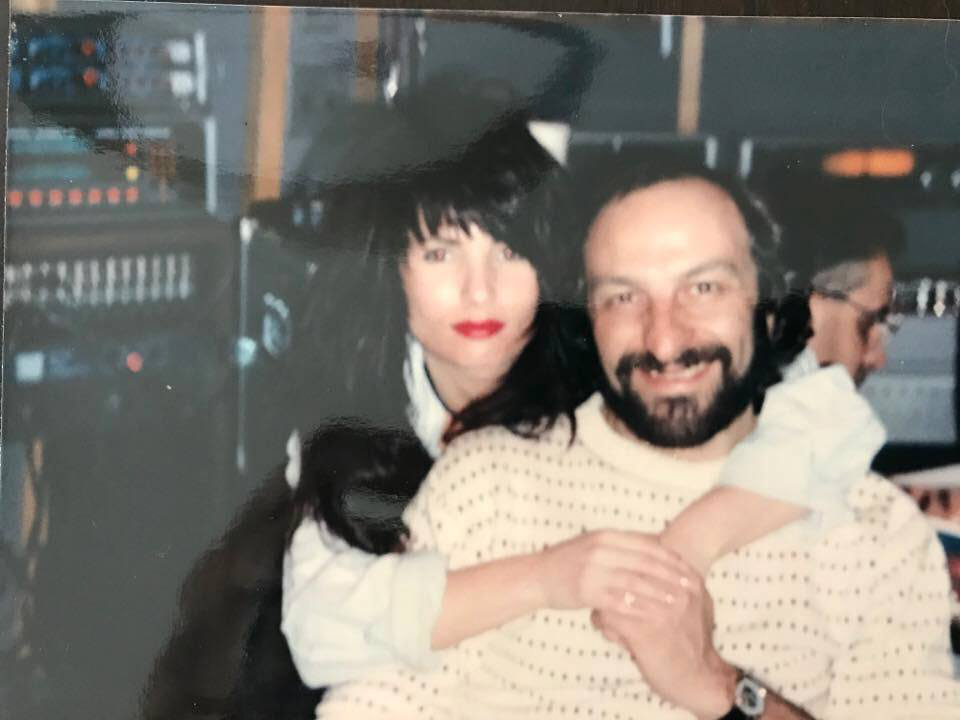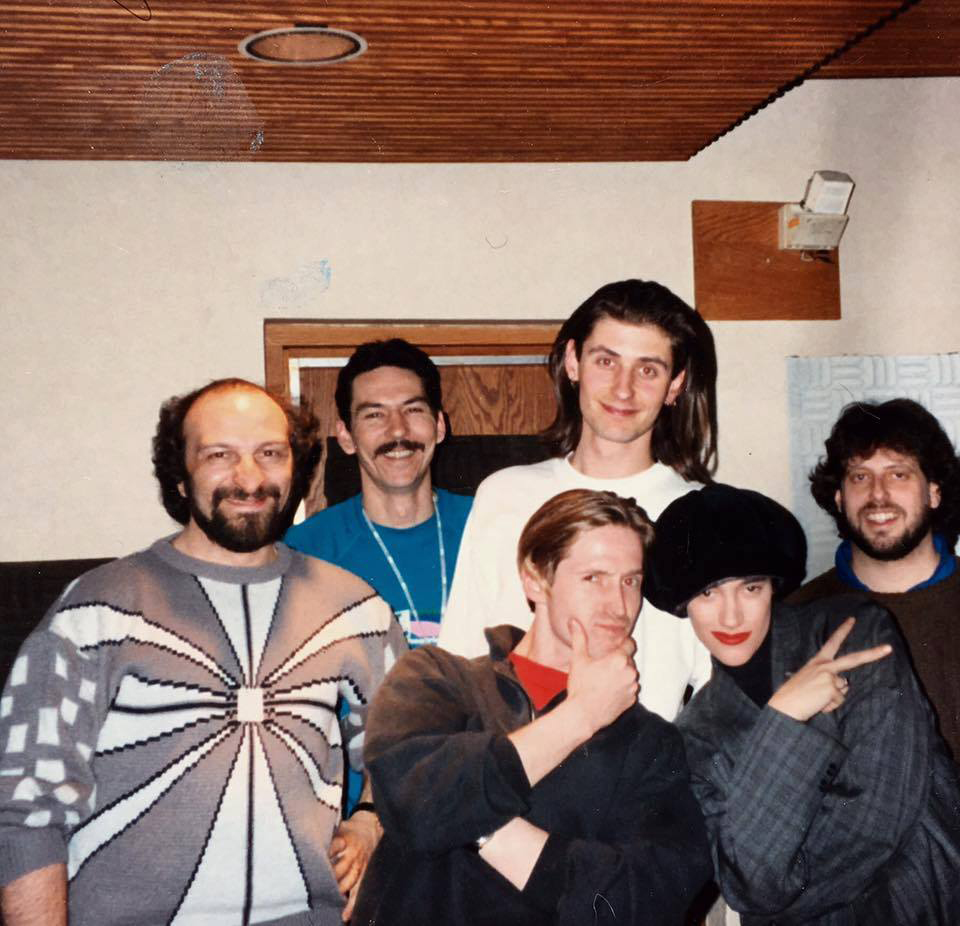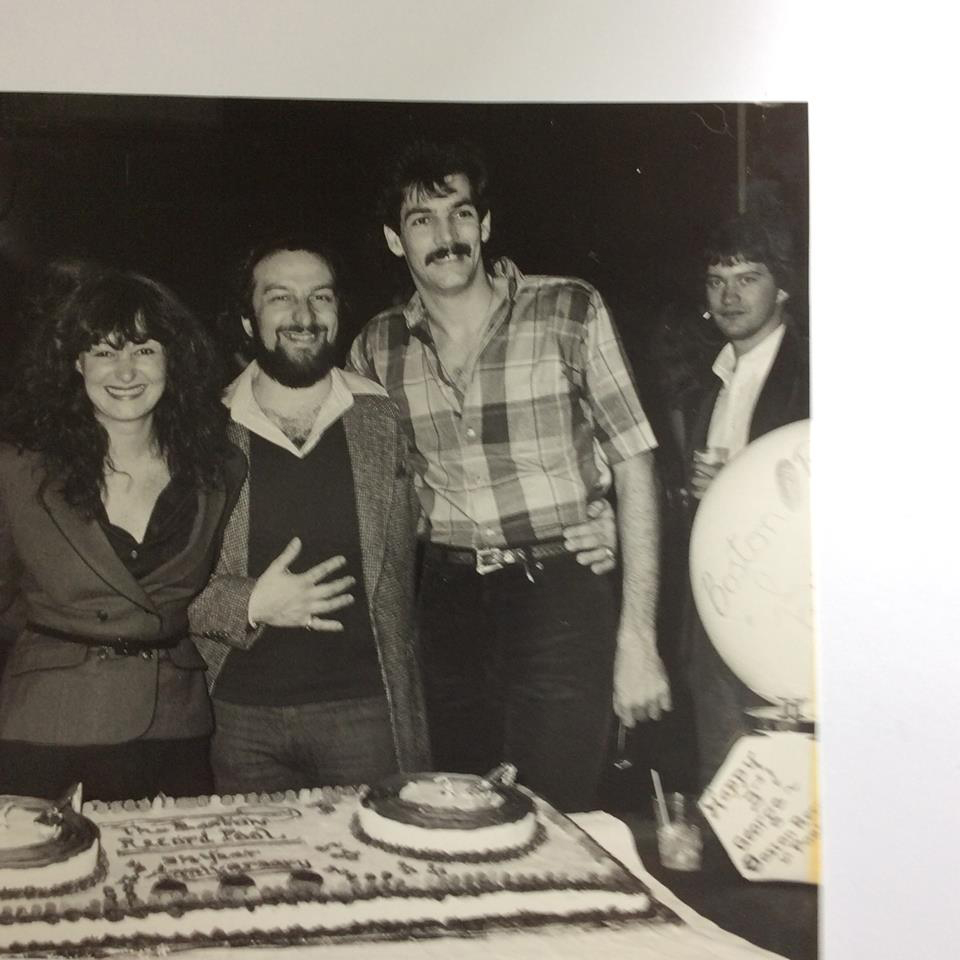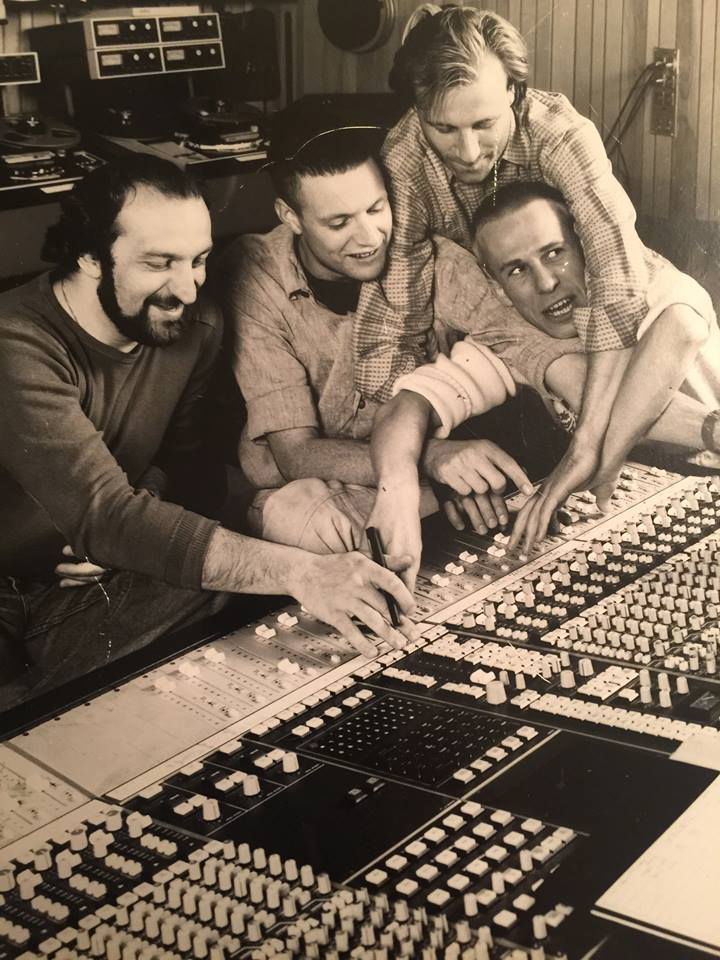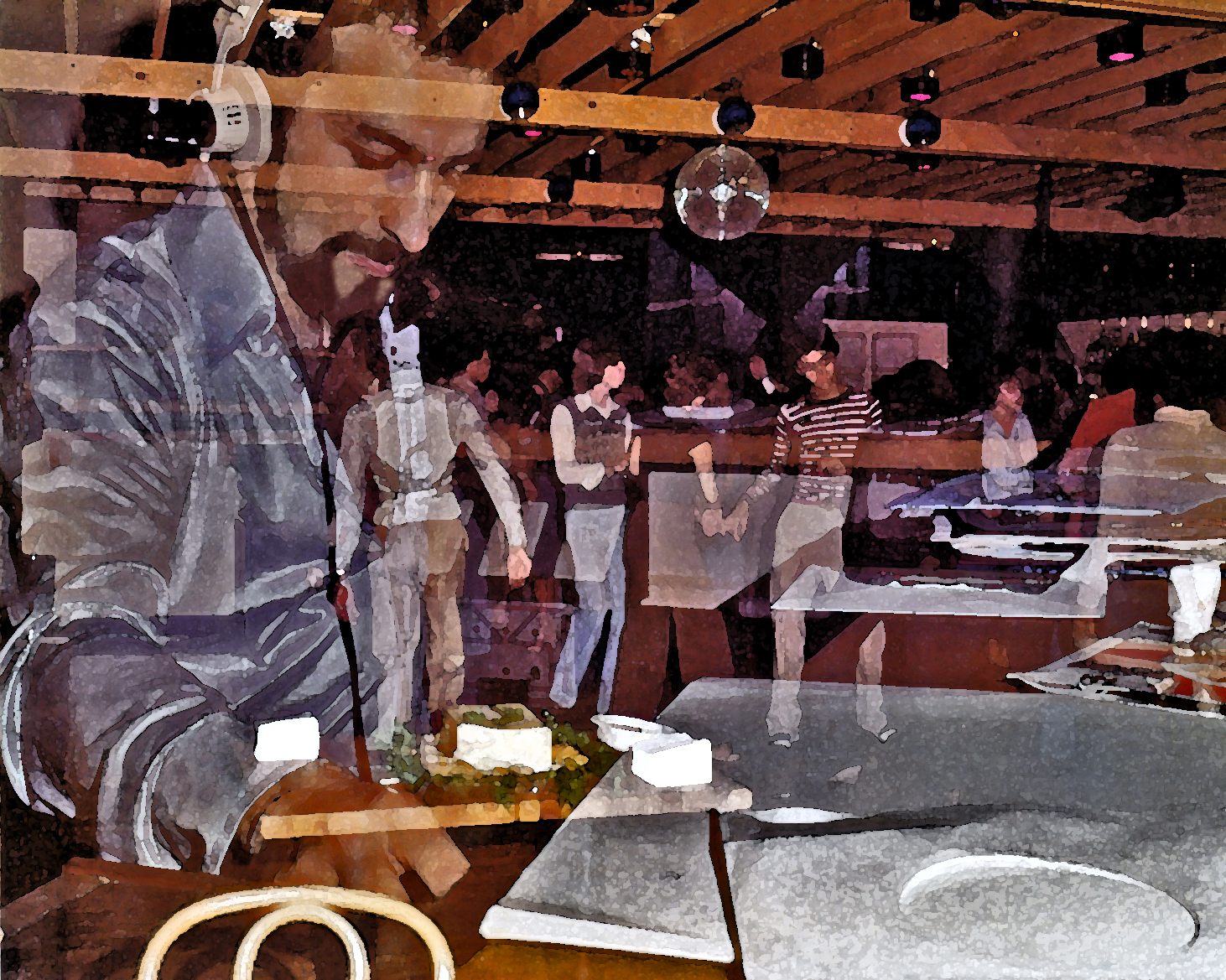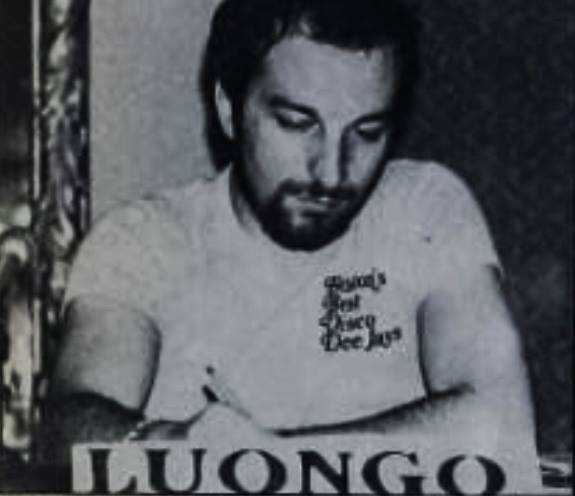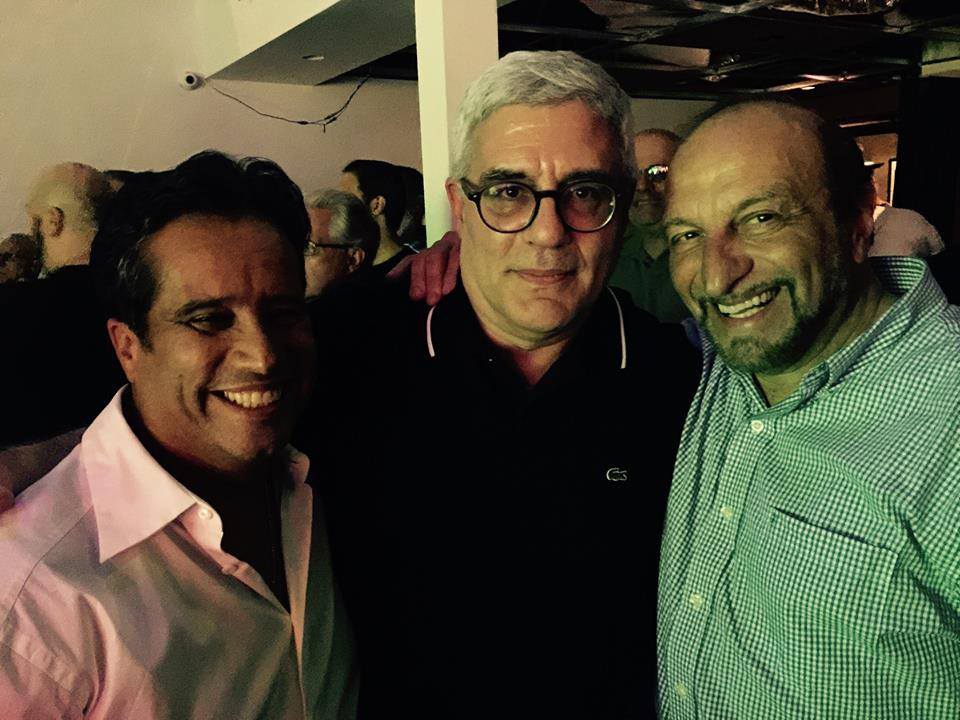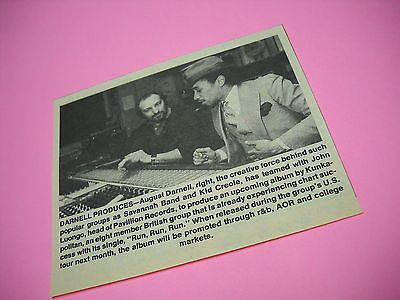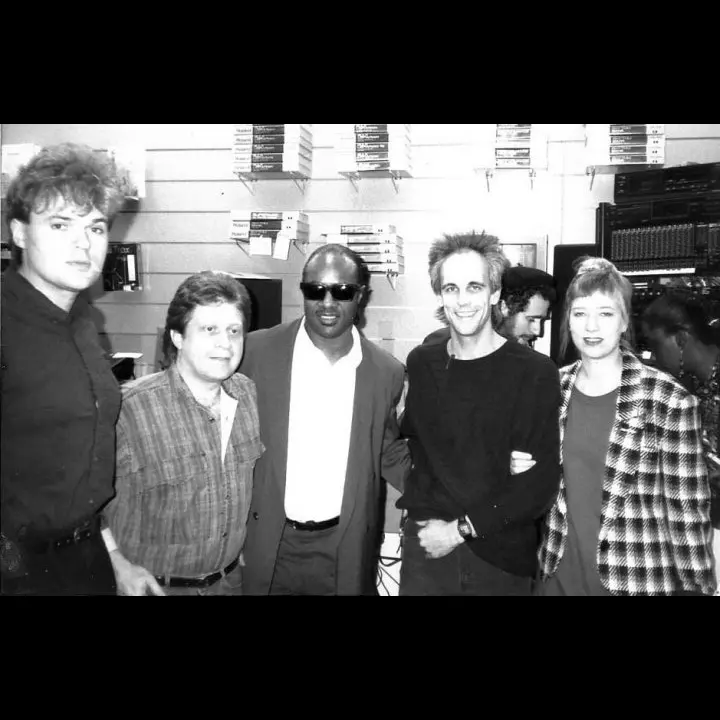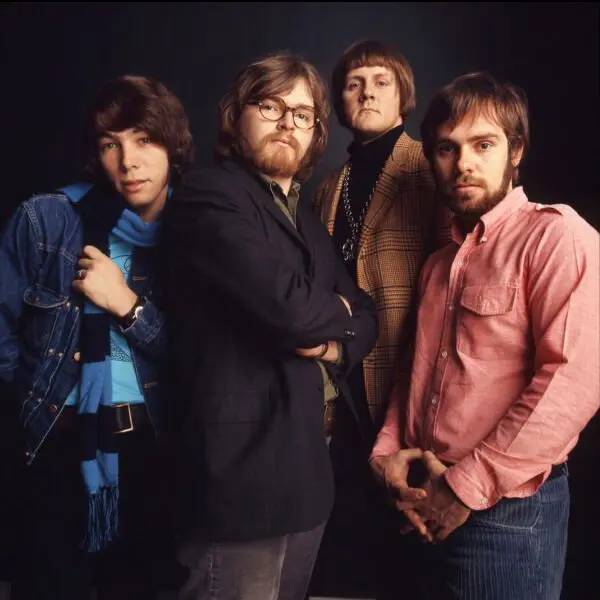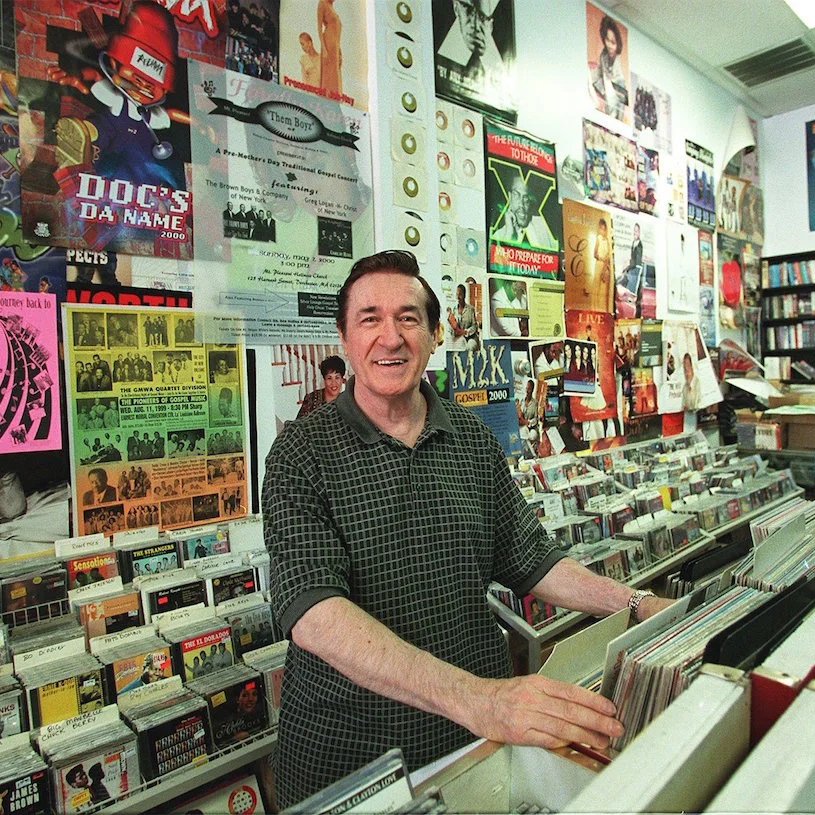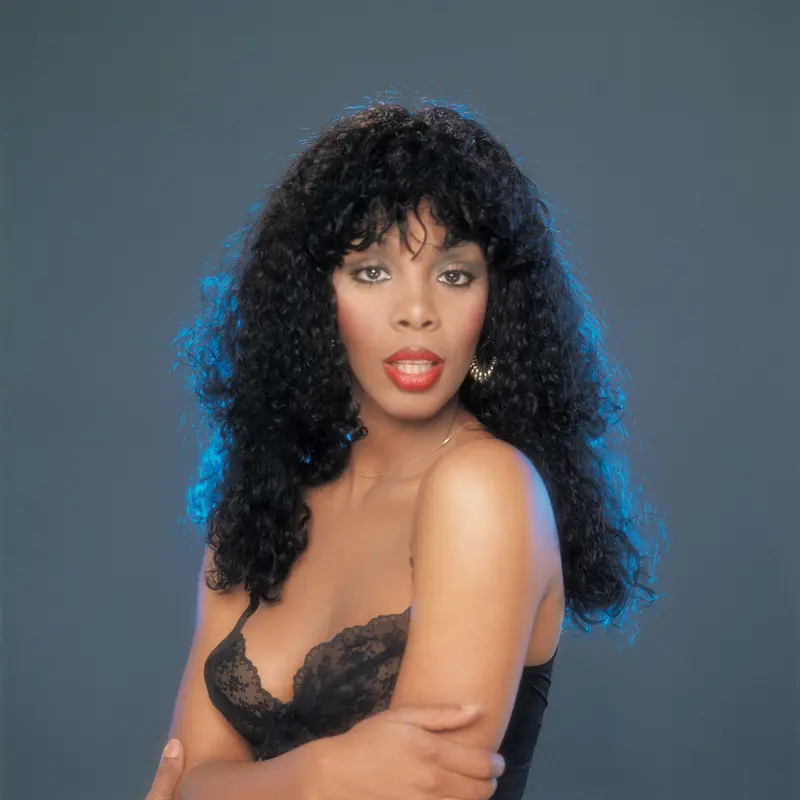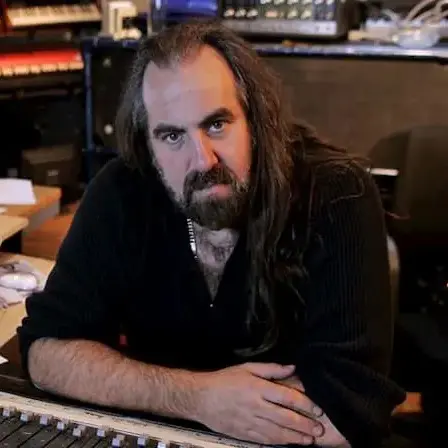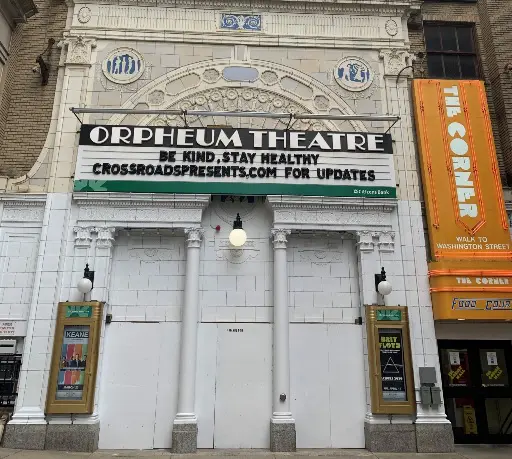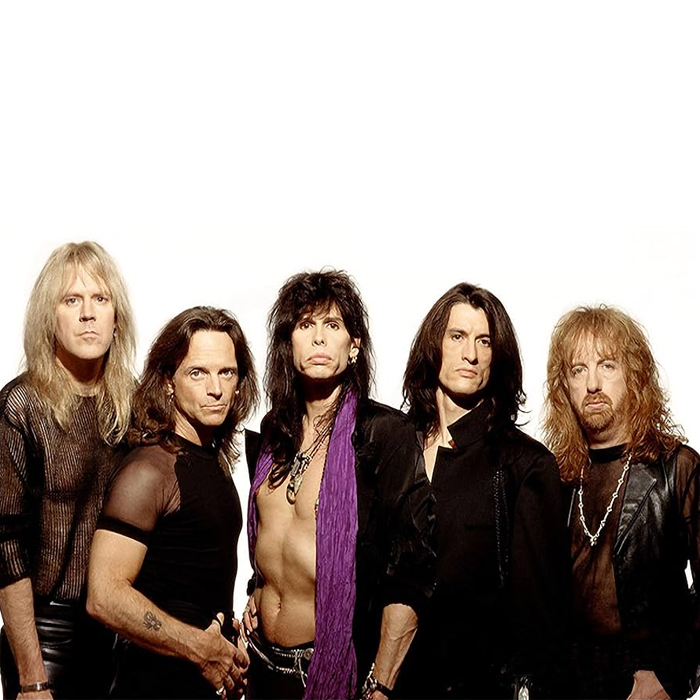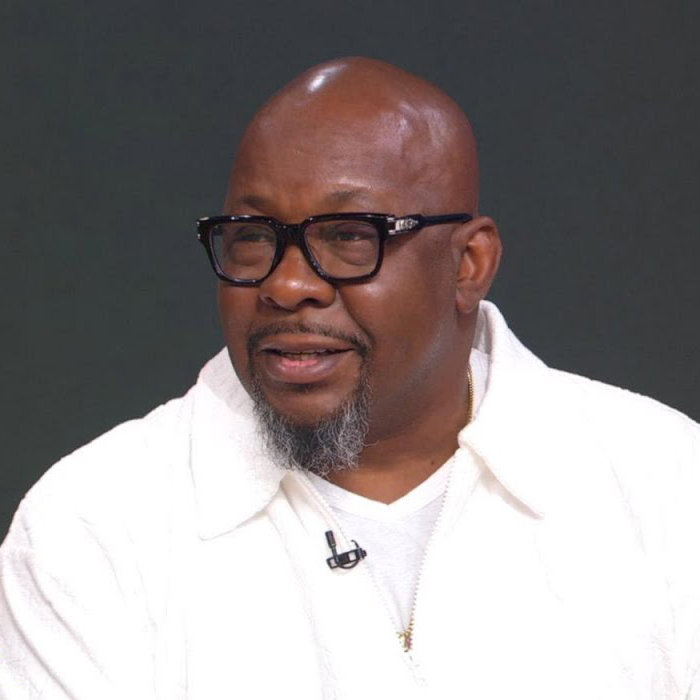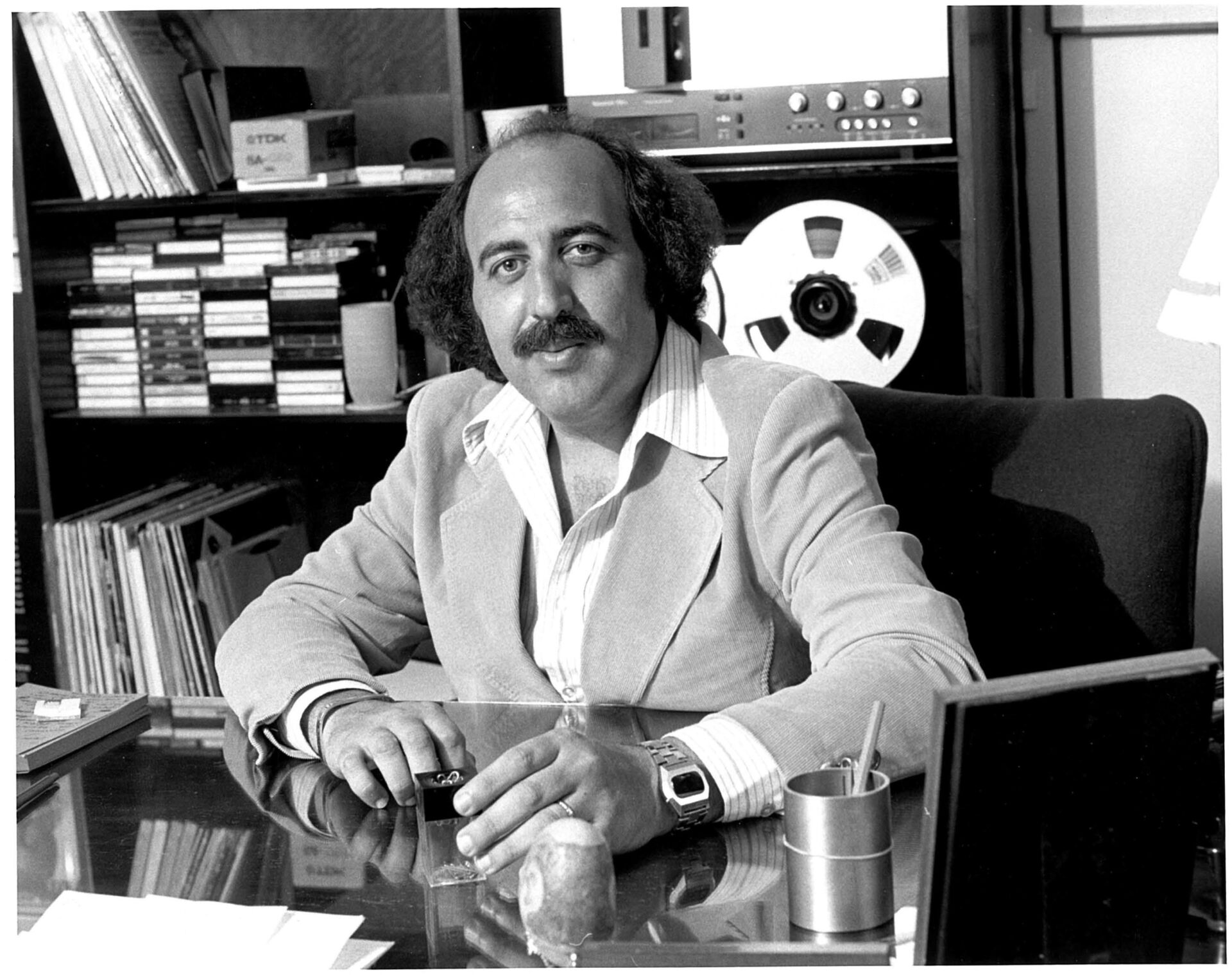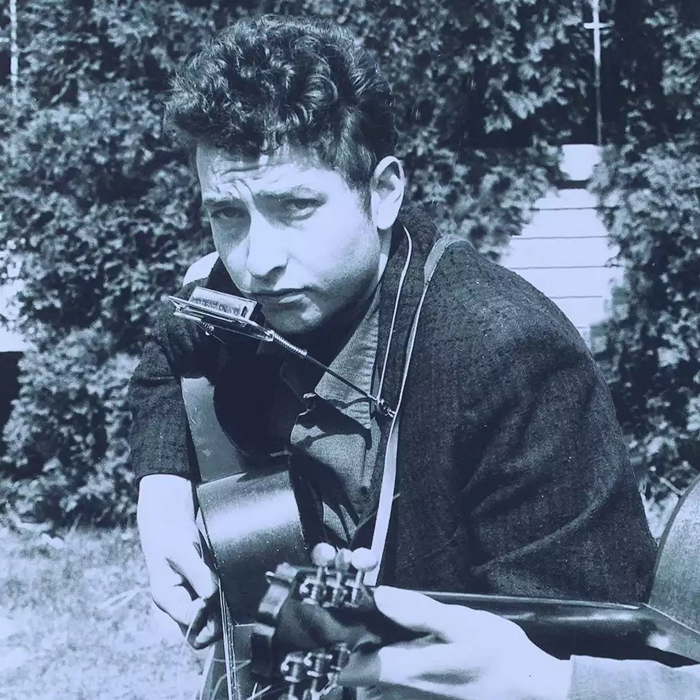John Luongo

When it comes to pioneering figures in popular music, certain names leap to mind in the blink of an eye: singer/songwriters Hank Williams, Bob Dylan and Smokey Robinson, record-label founders Sam Phillips, Ahmet Ertegün and Berry Gordy Jr. and producers George Martin, Quincy Jones and Phil Spector, for example.
And for anyone even vaguely familiar with the history of remixing, one name jumps out faster than you can say “12-inch single”: John Luongo, a college deejay who abandoned a promising career in civil engineering to pursue his most unwavering passion – music, especially stuff that makes people wanna get up and dance.
Overview
A doyen of modern deejaying who helped establish remixing as an art form in the mid-1970s, Luongo has built a practically unrivaled, multigenred discography, the sheer scope of which is a head-spinner since it encompasses everything from disco, rock, pop and soul to R&B, country, alternative and EDM.
By the time CDs were introduced in 1982, he was internationally revered as among the mavericks who masterminded the now-standard extended remix, his funked-up fabrications predating the mid-‘80s introduction of danced-up tracks into mainstream pop and rock by nearly a decade.
Arguably the most diverse remixer of all time, Luongo has cut revamped renditions that exceed $600 million in sales, placing him shoulder-to-shoulder in terms of top-of-the-charts success and acoustical creativity with the star-studded slew of artists whose material he’s reinterpreted and redefined.
Musical Beginnings
John Patrick Luongo was born on December 24, 1949, in Boston and grew up in nearby Everett, Massachusetts. At home, he was surrounded by an eclectic range of music, his sister listening to pop like Eydie Gormé and Steve Lawrence, Johnny Mathis and Barbara Streisand and his brother leaning toward doo-wop and R&B like Gene “Duke of Earl” Chandler. By his mid-teens, Luongo was steeping himself in everything from soul, R&B and funk to pop, rock and psychedelia; he cites Bar-Kays, Stevie Wonder, The Four Tops, Orpheus, Elton John, BTO, Grand Funk, Ultimate Spinach, Nazz and “all the Motown music” as his favorites.
Luongo says he developed his wide-ranging musical tastes by listening to Boston stations including WRKO, WMEX and WVBF but especially to the city’s go-to spots for R&B, soul and funk, WILD and MIT-based WTBS, the latter of which broadcast The Ghetto from midnight to 3am. “I’d fall asleep listening to that music and I think subliminally that had an amazing impact on me and my future direction,” he says. From age 11 to age 18, he took guitar lessons but he quit playing after that because “I was just not that good,” he says.
Record Shop Staff, College Deejay, First Professional Gig
In 1968, Luongo enrolled at Northeastern University in Boston, graduating with a BS in civil engineering in 1973. During those years, he worked at two record shops – Everett Music in his hometown and Skippy White’s Records in Mattapan – and as a rock ‘n’ roll deejay on inter-campus radio station WNEU. “I became more of a music junkie by the day,” he says. “It was apparent that my education was taking me in one direction but my heart was slowly following a different direction.”
Luongo’s introduction to Boston’s dance-music scene came in 1969, when he and some friends went to the Bull & Finch Pub (now Cheers Beacon Hill) on Beacon Street and wandered into The Townehouse (located in the same building). Inside was a deejay playing to a completely empty room and Luongo offered to fill in if there was ever an opportunity.
Two weeks later, The Townehouse’s manager called to say that the regular deejay had quit and he needed a replacement for the following Friday night. “In my mind, I thought, ‘Oh, God! What the hell have I done now?’” Luongo says about the unexpected offer. “Little did I know, my life was about to change in a drastic way – for the better!”
Civil Engineering, Club Residencies, The Right Track
After graduating in 1973, Luongo joined Framingham-based AJ Lane Construction as a civil engineer but he continued deejaying on weekends. In 1974, he received his first co-production credit on Leon Collins’ single “I Just Wanna Say I Love You,” issued by Boston-based Elf Records; he had rearranged the track and added more percussion, both of which became his calling cards on future remixes. Also that year, he broke an AJ Lane company record by overseeing completion of an eight-story apartment building in only 11 months.
Despite that success and promises of a gigantic pay raise, however, civil engineering failed to inspire him. “I said to myself, ‘You don’t want to do this anymore,’” he recalls. “’You can’t just keep building another building. You love music and miss it when you’re not around it.’”
In early 1975, 25-year-old Luongo left AJ to pursue deejaying full time, a decision that “came as quite a shock to my mom and dad,” he says. By that summer, he’d become a resident deejay at Rhinoceros, a popular Boston disco, after which he took a residency at Whimsey’s, a 2,500-capacity club in the city from which he broadcast live sets for WBOS, helping to establish Boston’s dance-music scene as arguably the most happening outside of Manhattan.
He also worked occasionally at dance clubs like Chaps, Cache and Future while hosting his own weekly, two-hour show on WTBS, The Right Track – The Music Making America Dance, broadcast in the slot before The Ghetto.
“Love to Love You Baby”
Luongo remembers one night at Rhinoceros in mid-1975 especially. A promoter came in with a then-unknown singer from Boston and asked him to spin a test pressing of her new single. Her name was Donna Summer, the track was “Love to Love You Baby” and it had never been played on the radio or in a nightclub. And Luongo says its debut was a dance-floor disaster since it was “slow and sexy” but “extremely long.”
“It was a bit awkward as she was there, a hometown girl, and the record promoter was a friend of mine, so I had to do something,” he says. “Well, I put it on and, just as I anticipated, it cleared the dance floor. People glared at me with arms crossed and that look of disdain. My boss hit the side of the glass booth I was in and said, ‘Take that shit OFF!’ I ignored him – I wouldn’t take the record off – but it was not good since nobody was dancing for 16 minutes and 54 seconds.”
In November, Casablanca Records released a four-minute, 57-second version of the song and it hit #2 in the Billboard Hot 100 in February 1976. The unforgettable night at Rhinoceros inspired a scene in the 1978 film Thank God It’s Friday in which Summer, playing the character “Nicole Sims,” gives a deejay her new record at a club and asks him to play it. “In real life, I was the one who someone handed it to,” Luongo says.
Nightfall, Nightfall Music Awards, Record Pools
Also in 1975, Luongo founded Nightfall, a four-page weekly that covered Boston’s dance-music scene; among its writers was now-famed producer Arthur Baker. He organized the first Nightfall Magazine Awards ceremony that year at The Mirage, a 150-seat club in Kenmore Square, and by 1979 it was the top awards ceremony of its kind in the US, held at the 2,700-seat Orpheum Theatre.
In 1976, he launched one of the first three record pools in the US (the others being in New York City and on Long Island), a system through which deejays paid a fee to get the latest discs, and he became the national disco coordinator for MK Dance Promotions, which Billboard magazine named its “Disco Promotion Company of the Year” in 1978.
CBS Records
Luongo’s big break came in the fall of 1978, when CBS Records – which released LPs and singles for Columbia and Epic, among other labels – asked him to play Melba Moore’s recording of The Bee Gees’ “You Stepped Into My Life” in his sets. When Luongo said the track needed a full remix in order to be club-ready, CBS hired him to do the job and he extended the four-minute version Epic had released to an almost eight-minute one, speeding up the tempo and adding hand claps and percussion. The track reached the top five in the Billboard Disco chart, making Luongo CBS/Epic’s dance-remix wunderkind and earning him significant attention from other major labels.
In late 1978, Luongo remixed two more tracks for CBS/Epic, The Jacksons’ “Blame It On The Boogie” and “Shake Your Body (Down To The Ground),” the latter going to #20 in the Billboard Disco chart in 1979. He followed with hit remixes for artists including Patti Labelle, Johnny Mathis, Sly Stone and Marilyn McCoo & Billy Davis Jr. and by the end of the ‘70s was one of the leaders of the remix revolution that took mainstream pop/rock by storm in the ‘80s.
Pavillion, Pavillion Promotions, Pavillion Productions, NARAS
In 1980, in partnership with CBS, Luongo formed his own label, Pavillion (spelled with a double “l,” the extra one denoting his surname). In 1981, the company had two #1s on the Billboard Disco chart, Fantasy’s “You’re Too Late” and The Quick’s “Zulu,” but that was the end of Pavillion’s chart-topping days and in 1983 CBS closed the label while major technical advances birthed a new, underground dub culture.
Luongo continued to collaborate with major labels by establishing Pavillion Promotions, which became the leading radio-and-dance crossover company in the US by the mid-‘80s and produced remixes for an amalgam of talent including Don Henley, Gladys Knight, Bryan Adams, Dolly Parton, Yoko Ono, John Waite, Cheap Trick, Roxette and Huey Lewis.
In 1986, Luongo founded Pavillion Productions and Pavillion Alternative Radio, a consultancy which collaborated with labels on new technologies, developed new artists and assisted established acts, and in 1988 he became a voting member of the National Academy of Recording Arts & Sciences, the organization that awards the Grammys.
John Luongo Management LLC, Comments on Successful Remixing
In the 1990s, Luongo produced several disco and hip-hop compilations while remixing tracks by Michael Jackson, Aerosmith, ZZ Top, KISS, Queen, Stanley Clarke and Bobby Brown, among others. In 2003, he established Trecter Entertainment, now part of John Luongo Management LLC, through which he provides multimedia content and consults on virtually every facet of production.
Asked how he consistently creates remixes without sacrificing the original songs’ essence – one of his most widely recognized skills – Luongo cited the importance of respecting the artists’/producers’ intent and understanding pop-music history.
“First, you have an obligation to work with the track that you’re given from the artist and producer, because the final creation contains their intent on what they wanted everyone to hear,” he said. “Next, you must know your history, which is the biggest part that young deejays fail to do today. I want to teach deejays around the world – even those who are enormously successful – that they will have very short careers if they don’t appreciate all the great music that came along before them and how it influenced their world and style.”
(by D.S. Monahan with thanks to Lennie Petze)

